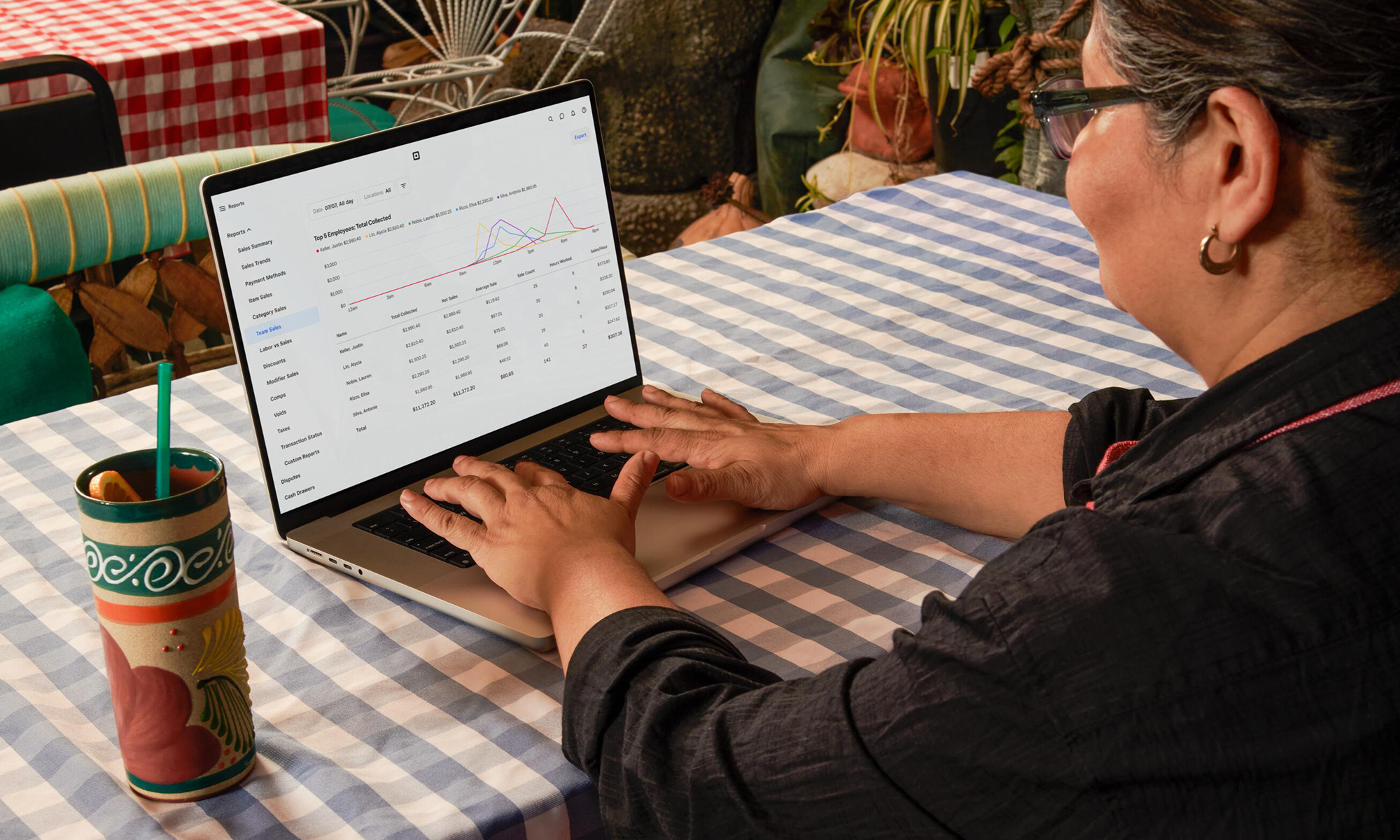Square (SQ 6.03%) took a big step to expand its business in March, when it announced its expansion to the U.K. "This is just the start for us," CEO Jack Dorsey said. "The U.K. is the start of our European expansion."
The U.K. is just the fifth country where Square is available following the U.S., Canada, Australia, and Japan. The market presents a significant opportunity for Square, which currently generates most of its revenue from the U.S. It's also a market with serious challenges and well-established competitors.

Image source: Square.
A nation of shopkeepers
The U.K. is full of the kind of merchants most likely to use Square's services -- i.e., small- and medium-sized businesses. In fact, small businesses accounted for 99.3% of all private-sector businesses at the start of last year. If you include medium-sized businesses, that climbs to 99.9%, according to a survey from the U.K Department for Business. While Square is actively pursuing larger businesses, the vast majority of its revenue still comes from businesses with less than $500,000 in annual payments volume.
What's more, fewer than half of the U.K.'s small- and medium-sized businesses accept credit cards, according to Square. Meanwhile, 70% of shoppers prefer to pay by card. That gap is Square's biggest opportunity.
Additionally, Square is extremely concentrated in the United States. Opening up to Europe has the potential to dramatically increase its customer base. Square could potentially double its merchant base with the expansion to the U.K, according to Alexander Veytsman, an analyst at Monness Crespi Hardt & Co.
The challenge for Square
The biggest challenge for Square is "getting awareness out there," said Dorsey. "He wants to impart that Square isn't just a payments processor, but an entire ecosystem of merchant services. Square's subscription and services-based revenue accounted for nearly 10% of the company's sales in the fourth quarter.
Square has been here before, though. In order to increase awareness of its product in the U.S., it partnered with Starbucks (SBUX +1.47%). The deal was a big drag on profits for a long time for Square, but ultimately, it gave it much more name recognition. Veytsman suggests Square will need to strike deals with at least 10 household names. Hopefully, management can learn from the mistakes it made with Starbucks.
The competition got there first
Square is far from the first mobile-payments solution to enter the U.K. market. Swedish iZettle entered the U.K. in 2012. The German SumUp entered the market that year, as well. PayPal (PYPL 20.31%) entered the market the next year with its PayPal Here device.
These competitors had three or four years to get their messages out there before Square entered the market. That's plenty of time to establish a brand and key relationships with merchants. As such, Square may have to spend more money than usual on sales and marketing.
Square currently boasts a payback period of four to five quarters. That means that, for every merchant Square brings on, it takes about a year for the company to recoup its investments in marketing and sales.
Square has been steadily scaling up marketing, but if its payback period climbs in the U.K., it may be slower to expand in the rest of Europe. At the same time, it needs to balance its expansion with the competitive threat of further competition throughout Europe. It'll be something for investors to pay attention to, if and when the U.K. becomes a meaningful part of Square's business.








